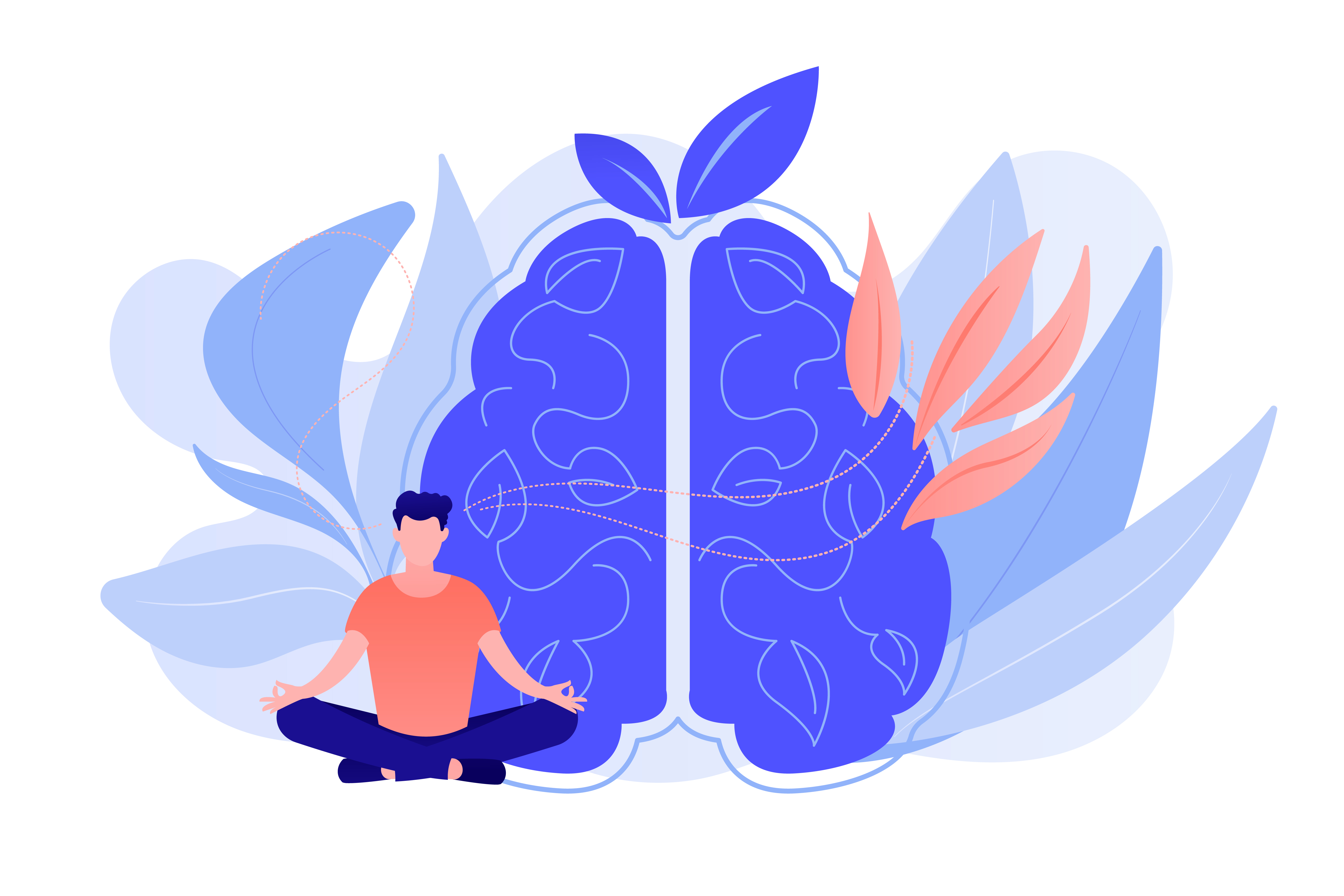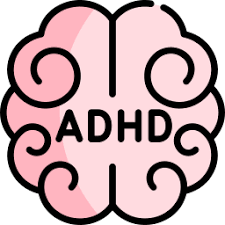Natural Ways to Manage Schizophrenia with Ayurveda

Strong 8k brings an ultra-HD IPTV experience to your living room and your pocket.
Living with schizophrenia poses emotional, mental, and social challenges that often require long-term and multi-faceted support. While modern medicine primarily focuses on managing symptoms with antipsychotic medications and psychological therapy, these interventions can sometimes lead to unwanted side effects and may not address the root cause of mental imbalance. For those seeking a more holistic approach, Ayurveda offers a time-tested, natural system of healing that aims to bring balance to the body and mind.
Understanding Schizophrenia Through Ayurveda
In Ayurveda, schizophrenia is considered a type of Unmada, a mental disorder characterized by disturbed thought processes, perception, and behavior. The classical Ayurvedic texts describe Unmada as a serious mental imbalance caused by derangement in the body’s vital energies, or doshas—Vata, Pitta, and Kapha. Each dosha governs specific physiological and psychological functions. Among these, Vata dosha, which controls the nervous system, movement, and communication, is most commonly implicated in schizophrenia.
When Vata becomes aggravated—due to factors like trauma, chronic stress, poor digestion, or irregular lifestyle—it can disturb the functioning of the mind, leading to symptoms like disorganized thinking, hallucinations, paranoia, emotional instability, and social withdrawal.
Ayurveda emphasizes not just symptom management but the re-establishment of equilibrium in the doshas. This involves detoxifying the body, restoring nourishment to the nervous system, adopting calming routines, and connecting with a deeper sense of self.
Natural Herbs for Mental Balance
Ayurveda utilizes a wide array of medicinal herbs that nourish the brain, strengthen the nervous system, and restore mental clarity. These herbs are generally considered safe for long-term use when taken under the guidance of an experienced Ayurvedic practitioner.
Ashwagandha (Withania somnifera): Known as an adaptogen, Ashwagandha helps lower cortisol levels, reduce anxiety, and stabilize mood. It supports the adrenal glands and builds resilience against mental stress.
Brahmi (Bacopa monnieri): A revered nootropic in Ayurveda, Brahmi enhances memory, focus, and cognitive function. It calms mental chatter and improves emotional regulation.
Jatamansi (Nardostachys jatamansi): A powerful nervine and natural sedative, Jatamansi is used to treat insomnia, irritability, and manic episodes. It also helps prevent oxidative stress in the brain.
Shankhpushpi (Convolvulus pluricaulis): This herb supports concentration and mental stability. It is often recommended for individuals struggling with anxiety, restlessness, or difficulty focusing.
Vacha (Acorus calamus): Known to sharpen intellect and clear mental fog, Vacha balances excess Vata and can be beneficial in cases of confusion and speech disorders.
These herbs can be consumed in various forms—powders, teas, decoctions, or traditional Ayurvedic preparations such as Saraswatarishta, Kalyanaka Ghrita, and Medhya Rasayanas (brain tonics). Always consult a practitioner before beginning herbal treatment to ensure compatibility with current medications and conditions.
Daily Routine and Lifestyle Adjustments
In Ayurveda, one of the foundational pillars of health is Dinacharya, or daily routine. Regular, predictable habits can have a grounding effect on the nervous system, particularly when dealing with Vata-related imbalances. In the context of schizophrenia, a consistent routine can provide a sense of order and stability, which helps reduce mental chaos.
Recommended Lifestyle Practices:
Regular sleep schedule: Going to bed and waking up at the same time every day helps regulate the circadian rhythm, which is crucial for mental well-being.
Abhyanga (daily oil massage): A gentle self-massage with warm sesame or medicated oil helps calm the nervous system, reduce anxiety, and improve circulation.
Meditation and Pranayama: Breathing techniques such as Nadi Shodhana (alternate nostril breathing) and Bhramari (humming bee breath) promote mental clarity and calm. Meditation practices that emphasize mindfulness and awareness are also deeply therapeutic.
Gentle Yoga: Practicing slow, grounding yoga poses can improve body awareness, balance mood, and release stored tension. Poses like Balasana (Child’s Pose), Viparita Karani (Legs-Up-the-Wall), and Shavasana (Corpse Pose) are especially helpful.
Adopting a Sattvic lifestyle—centered around purity, balance, and calm—is key to mental health. This includes living in a clean environment, avoiding sensory overload, maintaining loving relationships, and engaging in meaningful, spiritually uplifting activities.
Diet: The Ayurvedic Approach to Mental Nourishment
In Ayurveda, food is seen as a primary form of medicine. A nourishing, easily digestible diet can have a profound impact on mental health by pacifying the aggravated doshas and supporting ojas—the essence of vitality and mental immunity.
Vata-Pacifying Diet Tips:
Favor warm, cooked meals like khichdi (a mix of rice and lentils), soups, stews, and root vegetables.
Use grounding oils such as ghee or sesame oil to strengthen the nervous system.
Avoid cold, raw, or overly processed foods that can aggravate Vata and impair digestion.
Eliminate stimulants like caffeine, alcohol, and refined sugar, as they can trigger episodes of mania or anxiety.
Include herbal teas such as Brahmi, Tulsi, and chamomile to soothe the mind and promote better sleep.
Spices such as turmeric, cumin, ginger, and coriander can also support digestion and reduce toxins (ama) that accumulate in the mind-body system.
Emotional and Spiritual Healing
Healing from schizophrenia is not limited to the physical or mental realms—it also requires emotional and spiritual support. Ayurveda encourages nurturing emotional health through Sattvic living, compassionate relationships, and spiritual practices that foster inner peace.
Engaging in chanting, listening to calming music, or reading spiritual texts can be deeply nourishing to the heart and mind. Spending time in nature, walking barefoot on the earth, and practicing mauna (silence) can bring mental quiet and a sense of connection to something greater than oneself.
Family support and community also play a vital role. Ayurveda encourages a holistic environment where love, patience, and understanding are foundational elements of care.
Integrating Ayurveda with Conventional Treatment
While Ayurveda offers a comprehensive and natural approach to schizophrenia, it should not be used as a replacement for conventional medical care, especially in severe cases. Instead, it can serve as a complementary system, enhancing the overall effectiveness of treatment and reducing reliance on medication by improving quality of life.
Collaboration between Ayurvedic practitioners and psychiatrists can lead to a more integrative and compassionate care plan. With proper guidance, individuals can experience fewer side effects, better emotional regulation, and improved day-to-day functioning.
Conclusion
Best Treatment for Schizophrenia in India is a complex mental health condition that requires thoughtful, long-term management. Ayurveda provides a holistic, natural framework for healing that addresses not only the symptoms but the underlying causes of mental disturbance. Through the use of medicinal herbs, calming daily routines, nourishing food, and supportive spiritual practices, individuals living with schizophrenia can find a greater sense of balance and stability.
By viewing the mind as an extension of the body, and healing both together, Ayurveda empowers individuals to reclaim their health in a way that is gentle, personalized, and deeply restorative.
Note: IndiBlogHub features both user-submitted and editorial content. We do not verify third-party contributions. Read our Disclaimer and Privacy Policyfor details.







